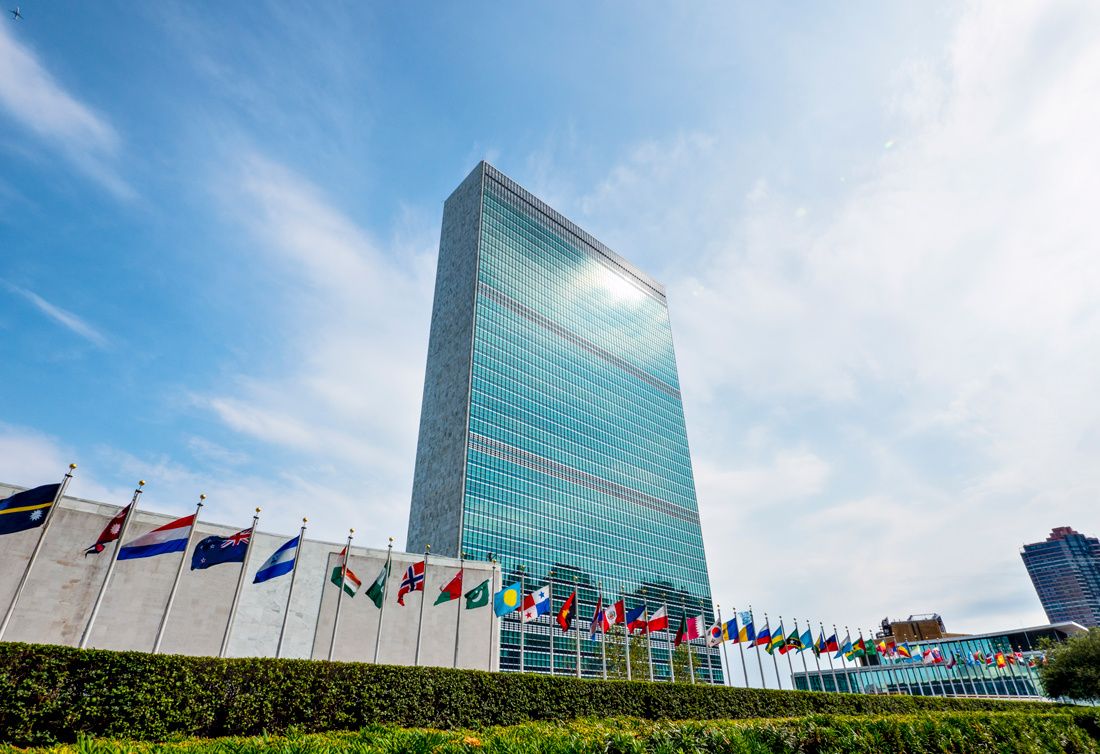September 19, 2020
Microsoft announced earlier this year the launch of a new United Nations representation office to deepen their support for the UN's mission and work. Many of the big challenges facing society can only be addressed effectively through multi-stakeholder action. Whether it's public health, environmental sustainability, cybersecurity, terrorist content online or the UN's Sustainable Development Goals, Microsoft has found that progress requires two elements - international cooperation among governments and inclusive initiatives that bring in civil society and private sector organizations to collaborate on solutions. Microsoft provided an update on their mission, activities for the 75th UN General Assembly, and the team. To read the announcement from Microsoft's Vice President of UN Affairs, John Frank, visit Microsoft On The Issues.
More For You
- YouTube
Gotta maximize sleigh-holder value. #PUPPETREGIME
Most Popular
- YouTube
On Ask Ian, Ian Bremmer breaks down the steady escalation of US pressure on Venezuela and why direct military action is now a real possibility.
US President Donald Trump arrives to announce reciprocal tariffs against US trading partners in the Rose Garden of the White House in Washington, DC, USA, on April 2, 2025.
POOL via CNP/INSTARimages.com
From civil conflicts to trade wars to the rise of new technologies, GZERO runs through the stories that have shaped this year in geopolitics.
Ukrainian serviceman walks near apartment buildings damaged by Russian military strike, amid Russia's attack on Ukraine, in the frontline town of Kostiantynivka in Donetsk region, Ukraine December 20, 2025.
Oleg Petrasiuk/Press Service of the 24th King Danylo Separate Mechanized Brigade of the Ukrainian Armed Forces/Handout via REUTERS
Ukrainian intelligence services assassinated a senior Russian general on the streets of Moscow on Monday, detonating a bomb strapped to his car.
© 2025 GZERO Media. All Rights Reserved | A Eurasia Group media company.
